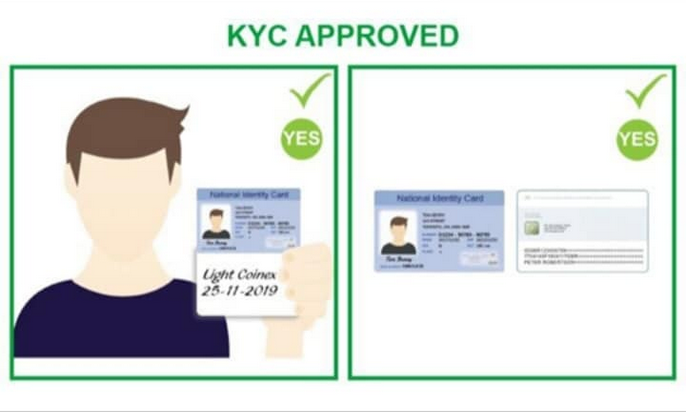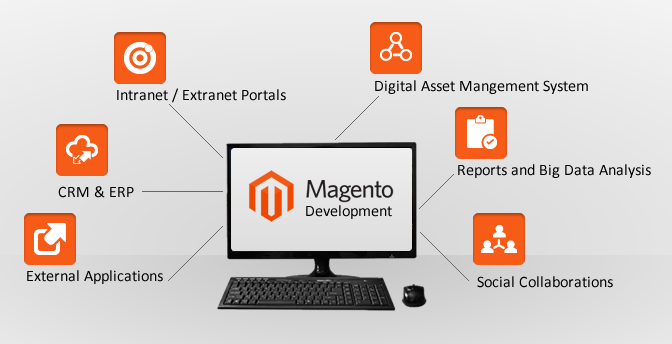Customer satisfaction is the key to business success, and companies can enhance their profit through it. Clients prefer corporations that give them satisfactory services, so if a company provides excellent benefits, clients will even pay more. This also reduces negative word of mouth, as loyal clients help businesses increase their customers. The company can facilitate them by providing digital KYC onboarding, saving clients time and money. Frauds can be prevented through it as a company can safeguard them against data breaches, phishing, and cyber-attacks. In 2022, tens of thousands of cyber attacks were reported. To control these scams, companies must have to perform KYC onboarding.
What is Digital KYC Onboarding?
Clients are onboarded using the latest artificial intelligence tools and machine learning, and the entire task is performed digitally. This is done to ensure the validity of the clients and check that they are the same person they are claiming to be. KYC customer onboarding is a cost-friendly process; no physical presence is required. Companies can continuously monitor their clients through it and measure their risk rate.
Benefits of Digital Onboarding
The KYC onboarding process is beneficial for both Industries and clients. Here we will discuss some top benefits:
- Handling Large Data
Digital KYC can handle even the extensive data of the clients and employees; this would require more work for the operator to gather and record large amounts of data. These solutions are simultaneously efficient and practical, as every task is performed without error.
- Convenience
Digital onboarding has created convenience for the client, as their verification can be done anywhere. Customers do not have to follow office protocols and 9 to 5 timings; this complete verification is done through a digital system. Even uneducated persons can be easily verified through it as there is no need to read lengthy user manuals; customers just have to face the camera. Traditional ways of registration were very hectic as users had to visit the office with their documents set, and their authentication even took more than a week.
- Cost Effective
KYC onboarding is cost-effective as clients can save fuel charges, and verification can be done from the comfort of their homes.
- Saves Time
Companies and clients can save precious time; KYC onboarding is done in seconds, and this process is swift and efficient.
- Reliable
KYC onboarding is reliable as the entire task is performed digitally, and no manuals are required. Conventional ways were prone to error as humans performed them. Operators can commit mistakes due to needing more attention and tiredness. Internal members of the company can intentionally leak the clients’ information to the scammer for the sake of money, or the company’s competitors can also perform this action to destroy the company’s brand image. But these KYC onboarding are very reliable as the algorithms of the digital account are very strong; no hacker can decode them.
- Security
These solutions are best for security as their continuous monitoring feature enables companies to reduce risk rates. Only verified clients will be onboarded; anyone with a false identity will immediately be detected. Businesses can even reduce the rate of their future loss when they have complete knowledge of their client and partners.
Which Industries are Implementing KYC Onboarding?
KYC shows remarkable benefits in almost every industry; financial institutions were the first to implement it. Banks, insurance companies, and investment agencies onboard, verify and monitor their clients through it. Regulatory authorities have made it essential for them to comply with the latest KYC and AML (Anti Money Laundering) regulations. These rules are necessary for companies as they aid them in protecting their credentials and mitigating the risk of financial scams. Risk assessment even mitigates the chances of future loss, and companies can classify their clients as low-risk and high-risk and deal with them accordingly. Continuous monitoring helps the company get better knowledge about their customers, as updated information helps the businesses maintain a healthy relationship with the client. A company needs to have adequately updated data on their client to contact them.
Conclusion
The KYC onboarding process has simplified the companies’ tasks, as fewer employees are required for daily activities. Businesses can onboard and monitor their clients and even employees through it. Attendance records, check-in, and check-out can be done by adequately implementing the KYC onboarding process. Companies can enhance their revenue as their client retention rate improves, and satisfied customers also recommend the company to others. If a company provides them with a smooth experience and keeps their information safe, users do not leave such companies; they affiliate with it for an extended period.





